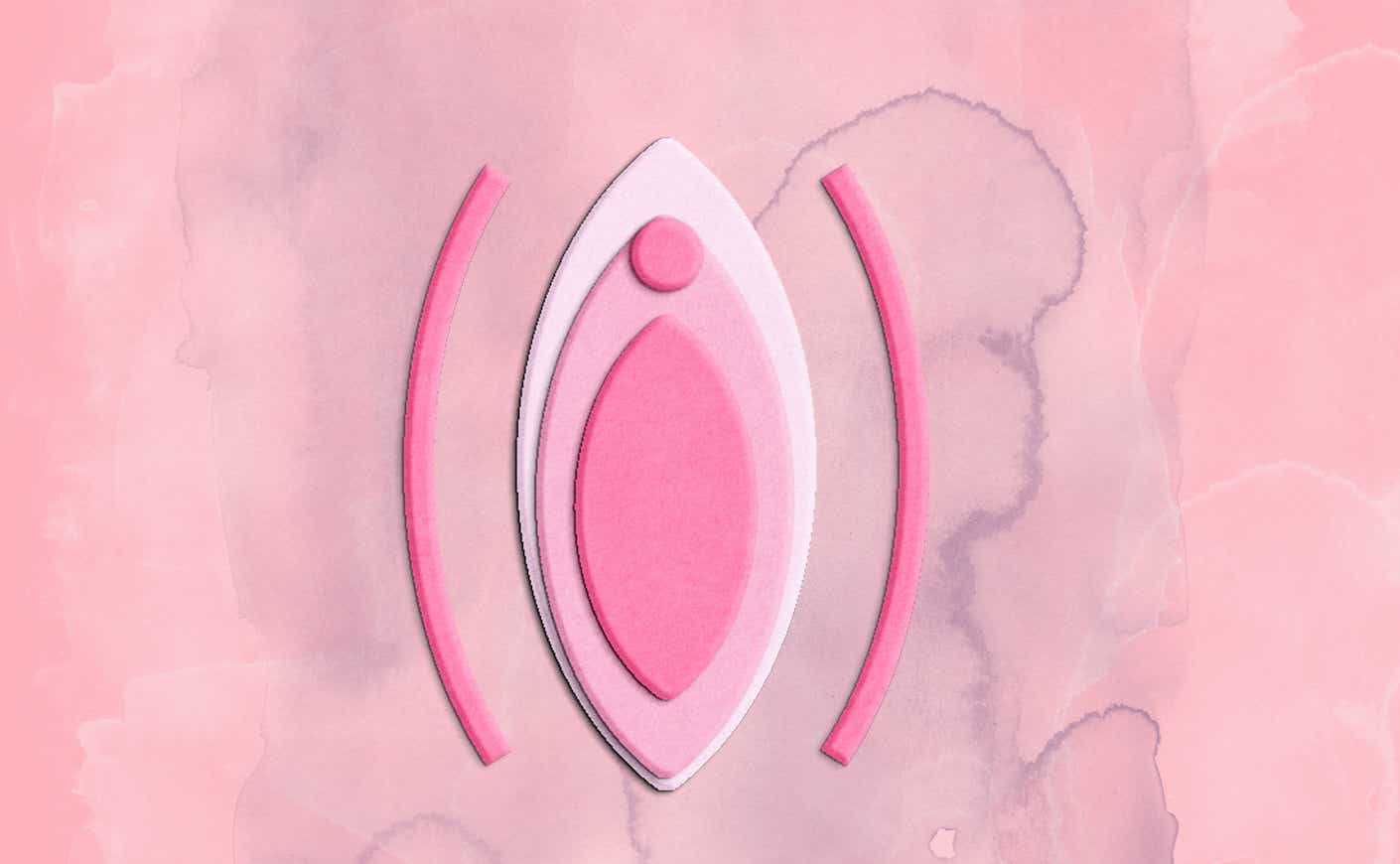As told to KCM by Dr. Jen Gunter, New York Times columnist and author of The Vagina Bible.
When I saw that Vagisil had launched a new product line called OMV!, encouraging young women to use scented wipes and cleansers on their vaginas and vulvas, I was livid, and I went on social media to express my concern. I believe that this is a huge issue— telling teens that you're empowering them, and then using the words "period funk," is shameful.
My specialty is looking after people who have vulvar and vaginal conditions. So many women feel shame about their normal discharge — their normal body parts. Society has conditioned us to believe that a cis-gender male body is perfect, and that a body with a vagina and a uterus is toxic. This idea has been cultivated for thousands of years in many cultures, because it’s an effective tool of oppression — and there’s money in it.
A few years ago there was a challenge on social media, where young girls were showing their underwear at the end of the day and bragging that they didn't have any discharge. So the idea was that if you have discharge, there's something wrong with you. You never see vaginal discharge in advertising, right? Everything is portrayed as clean, pristine, and like nothing happens in there.
But vaginal discharge is an incredibly cool evolutionary adaptation to keep the vagina healthy, and it needs to stop being treated as if it's problematic. If something with your vagina seems amiss, you should see a doctor and get a diagnosis.
Genital cleansers are unnecessary products — and can cause many different health problems. As someone who’s worked with women for 25 years, water works just fine to clean the vulva. Many genital cleaning products contain various irritants, like fragrance, even though they're advertised as being “fragrance or perfume-free.” For example, Vagisil’s new product has salicylic acid in it, which is an ingredient in acne washes that hasn’t really been tested on the vulva.
The other problem is ad campaigns don't specify that these products are meant for external use, so women often use them internally when they really shouldn't. If you look at the advertising campaigns, you can’t really tell where the product should be applied. They don’t say the word “vulva” once, and instead talk about your "vaginal" pH. Well, that's inside the body — so they’re conflating the inside or outside. We already know that around 6% or so of women will use these products intravaginally, even if they’re advised not to. But when you advertise like that to a teen, who may know even less about their body, they might start using these intravaginally — which may lead to health problems. If these products get in the vagina, they will damage the vaginal ecosystem — and can also leave someone at an increased risk of getting a sexually transmitted disease if exposed.
On the other hand, if they're used externally, and they cause irritation, people might mistake the symptoms for something else. So then they go and buy a yeast-infection treatment they don't need. They feel better temporarily because the products are soothing, but then it comes back again. So, they call in and get some medication. And so now, they're being exposed to medication they don't need because the problem's not a yeast infection. The problem is irritation or contact dermatitis from the cleansing product.
Quite frankly, I would like the feminine hygiene industry to go away. And when I say feminine hygiene industry, I don't mean pads and tampons, because those are menstrual products. The two have been conflated. We should be calling menstrual products what they are: “menstrual products.”
I think it should be illegal to market these products to teens. This is no different than marketing a bubble-gum flavored vape. You’re trying to make your product more attractive to a younger consumer, when they're uniquely vulnerable about their body.
These companies also shouldn’t be able to make claims about pH unless they’re FDA-approved. They skirt around all these things because technically their products are classified as “cosmetics,” rather than pharmaceuticals. These feminine washes should be held to the same standard as pharmaceuticals because they're making health claims. The products are really sold as quasi-medicinal, which drives home the message that they’re needed.
To the young girls out there, your vulva and vagina are amazing and glorious. If anyone tells you anything different, they have the problem, not you.









